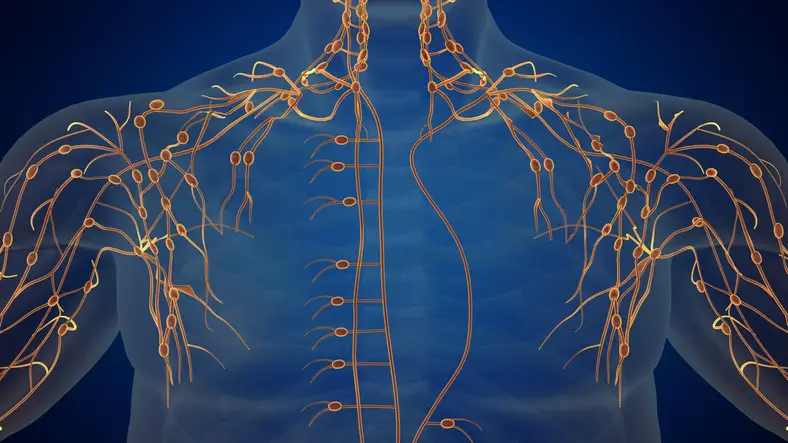Breast cancer treatment can bring about various changes in your body, some of which might be unexpected. Vaginal atrophy, characterized by the thinning, drying, and irritation of vaginal walls, is one such challenge that you may face. This condition, while common with aging, is not just a postmenopausal issue for breast cancer survivors and can be intensified by breast cancer medicines, particularly endocrine therapies like tamoxifen or aromatase inhibitors. Left untreated, it can lead to symptoms such as painful intercourse, urinary discomfort, and an increased risk of urinary tract infections.
Exploring non-hormonal options first is advisable, especially if your breast cancer is hormone-positive. These include moisturizers, lubricants, and vaginal dilators. In cases where these do not provide relief, low-dose vaginal estrogen might be considered, albeit cautiously. It’s essential to have a detailed discussion with your oncologist about the potential risks.
Despite vaginal atrophy being common, many are hesitant to seek medical help due to embarrassment or a lack of awareness. This hesitation can lead to a significant, negative influence on mental health and intimate relationships. It’s crucial to remember that you’re not alone in this and that open communication with healthcare providers is key to finding the right treatment.
Sometimes the hardest part of starting a conversation that feels so personal is just deciding what to say. Below are five suggested questions designed to open up a dialogue about vaginal atrophy, its connection with breast cancer treatments, and the best management strategies tailored to your individual circumstances.
- Can you explain how my breast cancer treatment might be contributing to symptoms of vaginal atrophy, and what I should expect?
- What are the common signs and symptoms of vaginal atrophy that I should be aware of during or after my treatment?
- Are there specific non-hormonal treatments or lifestyle changes you would recommend for managing vaginal atrophy related to breast cancer treatment?
- In case my symptoms become severe, what are the options for treatment, and how do we balance them with my history of breast cancer?
- Can you provide guidance on how to maintain sexual health and manage discomfort during intercourse due to vaginal atrophy?
If you’re facing challenges related to breast cancer and vaginal atrophy, remember you’re not alone. Connect with the Outcomes4Me Community to engage with other survivors who understand what you’re going through. This supportive space can provide comfort and shared experiences. Additionally, for personalized guidance, don’t hesitate to use the Ask Outcomes4Me feature in the app to get in touch with one of our oncology nurses. They’re here to offer expert advice and support tailored to your unique circumstances. And for a chance to get your questions answered live and to learn more about breast cancer and sexual health in general please join us for our next webinar, Ask the Expert: “Sexuality and Intimacy for Breast Cancer Patients & Survivors,” led by Dr. Jennifer Barsky Reese, a sexual health specialist for cancer patients at Fox Chase Cancer Center.
Personalized support for real care decisions
Understand your diagnosis, explore clinical trials, and track symptoms--all in one place.
Get started
Compare treatments, prepare for appointments, and track side effects—all in the app
Built for your diagnosis, Outcomes4Me gives you the tools to make confident, informed decisions—right when you need them.
Continue in app






